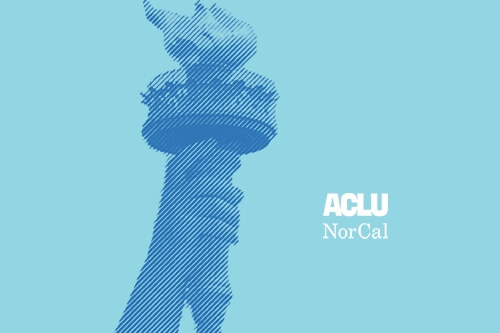Darensburg v. MTC
Page Media

On November 23, 2009, the ACLU Foundation of Northern California and civil rights allies filed an amicus brief in Darensburg v. Metropolitan Transportation Commission. The lawsuit, originally filed in 2005, is currently on appeal in the United States Court of Appeals for the Ninth Circuit. The suit was brought by plaintiffs as a class action on behalf of Alameda-Contra Costa minority transit riders against the Metropolitan Transportation Commission (MTC). Plaintiffs argued that MTC, the planning body for all twenty-six independent transit operators in the Bay Area, consistently under-funded AC Transit, a bus line with high minority ridership, in comparison to other transit systems like BART, with lower minority ridership. MTC's funding decisions created both economic and quality of life problems for communities of color because their transportation options were more limited than they would have been in the absence of discrimination.
In 2008, the Federal District Court for the Northern District of California held that a disparate impact private right of action is available under Government Code Section 11135, and that plaintiffs had met their initial burden of proof. However, the court refused to apply the "business necessity" standard that has long been the burden of proof for defendants in federal disparate impact cases. Instead, the court adopted a "substantial legitimate justification" test as the defendant's burden of proof, reasoning that this intermediate standard was necessary in cases such as this one, where complex decisions are involved. As a result of applying this lower burden of proof for the defendant, the court withheld injunctive relief from plaintiffs. Plaintiffs appealed, and the ACLU Foundation of Northern California filed an amicus in support of their appeal.
On appeal, the ACLU Foundation of Northern California argued that the "business necessity" standard is the appropriate standard for all disparate impact claims under Section 11135 regardless of the complexity of the decision. Policymakers are constantly required to make complicated decisions, and this complexity should not excuse them from making them carefully and in a non-discriminatory manner. Amici further argued that relevant social science research in the fields of psychology, sociology and political science support using the "business necessity" standard. The research in these areas shows that implicit bias and stereotyping creep into decision-making processes and that the more complicated the decision-making process is, the more likely it is that people will rely on improper bases for their decisions. Relaxing the standard to "substantial legitimate justification" as the district court did would increase rather than decrease the likelihood that people charged with making complex decisions will make decisions that have a disparate impact on minorities.
The ACLU Foundation of Northern California filed the amicus brief with The Impact Fund, Equal Justice Society, Asian American Legal Defense and Education Fund, Asian Pacific American Legal Center of Southern California, Equal Rights Advocates, Labor Community Strategy Center/Bus Riders Union, Latino Justice/PRLDEF, The Lawyers' Committee for Civil Rights of the San Francisco Bay Area, The Legal Aid Society – Employment Law Center, The National Campaign to Restore Civil Rights, The National Health Law Program, and Urban Habitat.
